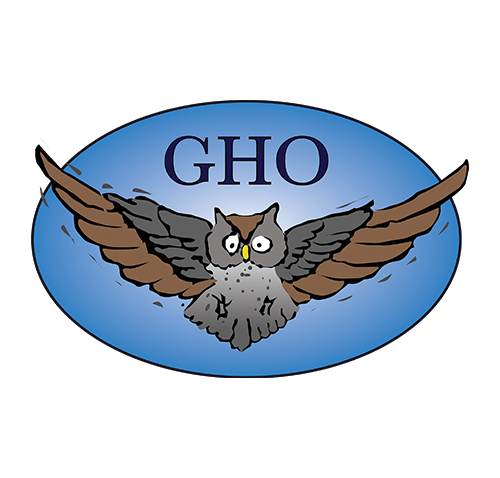Summary
The Intelligence Surveillance and Reconnaissance (ISR) role for UAVs is dependent upon the ability of the UAV to do its mission without the adversary being able to counter it. For many such ISR applications, the acoustic signature of the UAV alerts the adversary to the UAVs presence and can interfere with the mission. Battery powered UAVs are very quiet but lack endurance and payload capability. Better, more efficient, quiet power sources and propulsion techniques are needed to engineer the next generation UAVs for ISR mission applications.
The Great Horned Owl (GHO) Program seeks to develop technologies that significantly extend the operational endurance and payload capabilities of ISR UAVs. The anticipated innovation in Phase 1 of the program is a propulsion system that will quietly generate electrical power from liquid hydrocarbon fuel (specifically gasoline or diesel) and enable purely electrically driven quiet flight. The specific propulsion subsystems that GHO's Phase 1 will focus on are: (1) fuel-to-electricity devices using an advanced combustion engine directly coupled to alternator/generator concepts and (2) electricity-to-thrust devices utilizing innovative electric motor driven propulsor systems.

